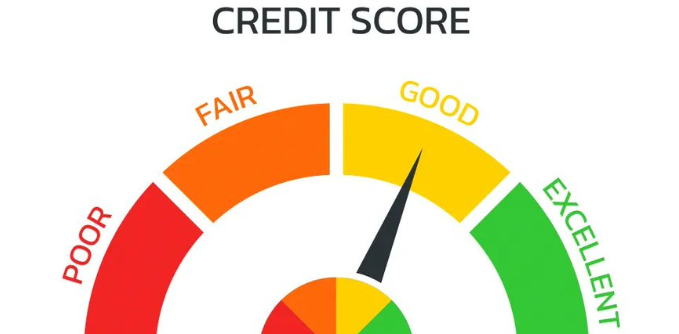Keeping a good credit score is crucial for financial stability and reliability. A key factor in this is how punctual you are with your credit payments, often reflected as ‘Days Past Due’ (DPD) on your credit report. Let’s break down what DPD means and how it affects your creditworthiness.
1. What is Days Past Due (DPD)?
DPD indicates how many days late a payment is from its due date. For example, if your payment due date was on the 1st and you paid on the 10th, your DPD is 9 days. It’s a measure of your reliability in repaying debts.
2. How is DPD Calculated?
The DPD starts counting from the day after the payment is due until the day it’s actually paid. A DPD of ‘000’ means all payments have been made on time. If a payment is 30 days late, your report would show a DPD of ‘030’.
3. Why is a Low DPD Important?
A DPD of ‘000’ is ideal. It shows lenders you manage your debts well. Higher DPD numbers indicate late payments, which can lower your credit score and signal to lenders that you may be a risky borrower.
4. Impact of High DPD on Your Credit Report
- Lower Credit Score: Late payments directly affect your credit score.
- Loan Rejections: Lenders may reject your loan applications.
- Higher Interest Rates: You might face higher interest rates due to perceived risk.
- Long-term Impact: Missed payments can affect your credit history for years, making it harder to get credit in the future.
5. Strategies to Manage Your DPD
- Timely Payments: Always pay your bills on or before their due dates.
- Budgeting: Track your income and expenses to ensure you have enough funds for payments.
- Reminders: Set up reminders to remember due dates.
- Automatic Payments: Automate payments to ensure they are made on time.
- Communication: Contact your lender if you’re facing financial difficulties to possibly make arrangements.
- Monitor Statements: Regularly check your bank and credit card statements for due dates and amounts owed.
By understanding and managing your DPD effectively, you can maintain a healthy credit score and secure better financial opportunities.
